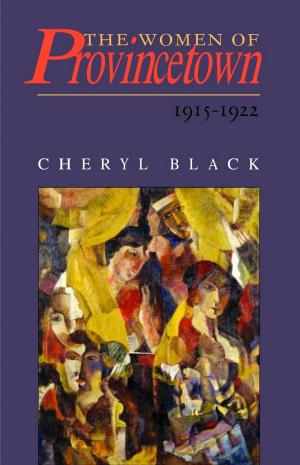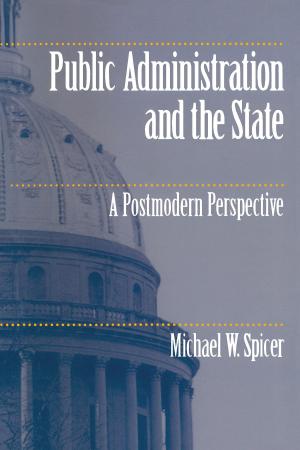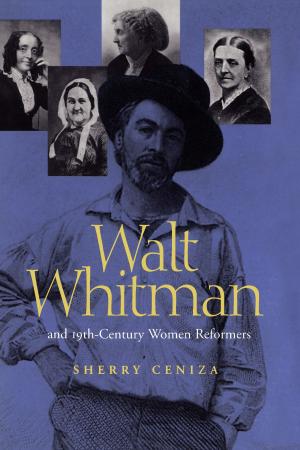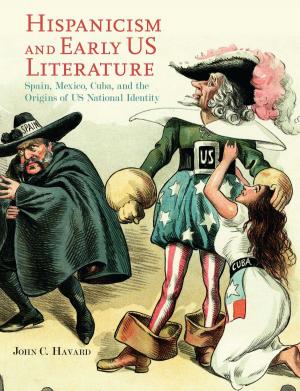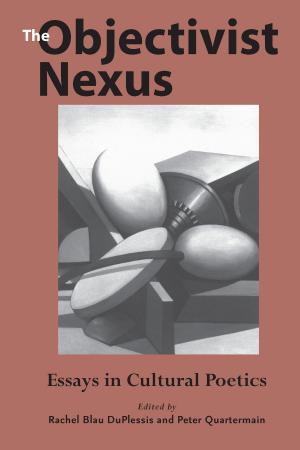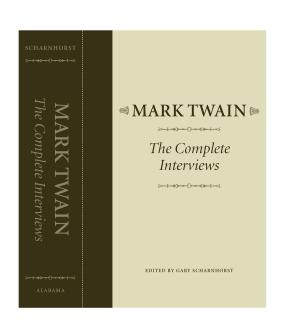Rhetorical Knowledge in Legal Practice and Critical Legal Theory
Nonfiction, Reference & Language, Language Arts, Public Speaking, Rhetoric, Law| Author: | Francis J. Mootz | ISBN: | 9780817382100 |
| Publisher: | University of Alabama Press | Publication: | November 18, 2010 |
| Imprint: | University Alabama Press | Language: | English |
| Author: | Francis J. Mootz |
| ISBN: | 9780817382100 |
| Publisher: | University of Alabama Press |
| Publication: | November 18, 2010 |
| Imprint: | University Alabama Press |
| Language: | English |
A clear summary of contemporary rhetorical philosophy and its intersections with hermeneutics and critical theory**.**
This book describes the significance of rhetorical knowledge for law through detailed discussions of some of the most difficult legal issues facing courts today, including affirmative action, gay rights, and assisted suicide.
Francis J. Mootz responds to both extremes, those who argue that law is merely a rhetorical mask for the exercise of power and those who demonstrate an ideological faith in law’s autonomy, and he breaks new ground by returning to modern classics in the fields of rhetoric and hermeneutics. Drawing from Chaim Perelman's "new rhetoric" and Hans-Georg Gadamer's "philosophical hermeneutics," Mootz argues that justice is a product of rhetorical knowledge. Drawing from Nietzsche, Mootz’s conception of rhetorical knowledge opens up the dynamic possibilities of critical legal theory.
A clear summary of contemporary rhetorical philosophy and its intersections with hermeneutics and critical theory**.**
This book describes the significance of rhetorical knowledge for law through detailed discussions of some of the most difficult legal issues facing courts today, including affirmative action, gay rights, and assisted suicide.
Francis J. Mootz responds to both extremes, those who argue that law is merely a rhetorical mask for the exercise of power and those who demonstrate an ideological faith in law’s autonomy, and he breaks new ground by returning to modern classics in the fields of rhetoric and hermeneutics. Drawing from Chaim Perelman's "new rhetoric" and Hans-Georg Gadamer's "philosophical hermeneutics," Mootz argues that justice is a product of rhetorical knowledge. Drawing from Nietzsche, Mootz’s conception of rhetorical knowledge opens up the dynamic possibilities of critical legal theory.

